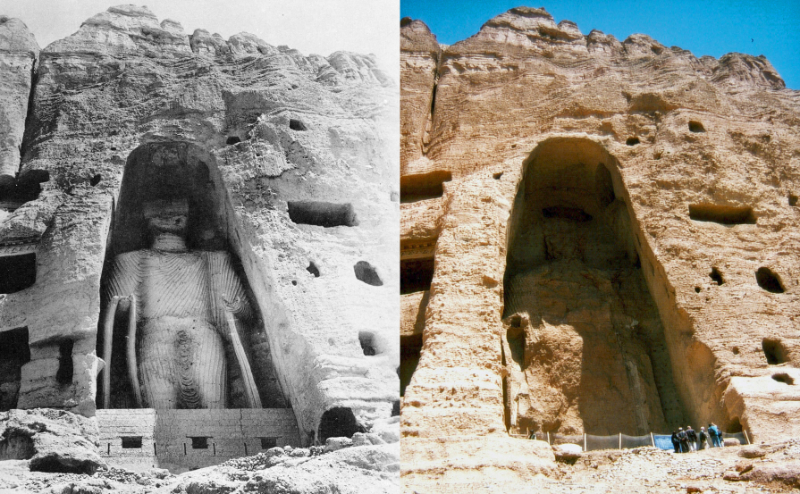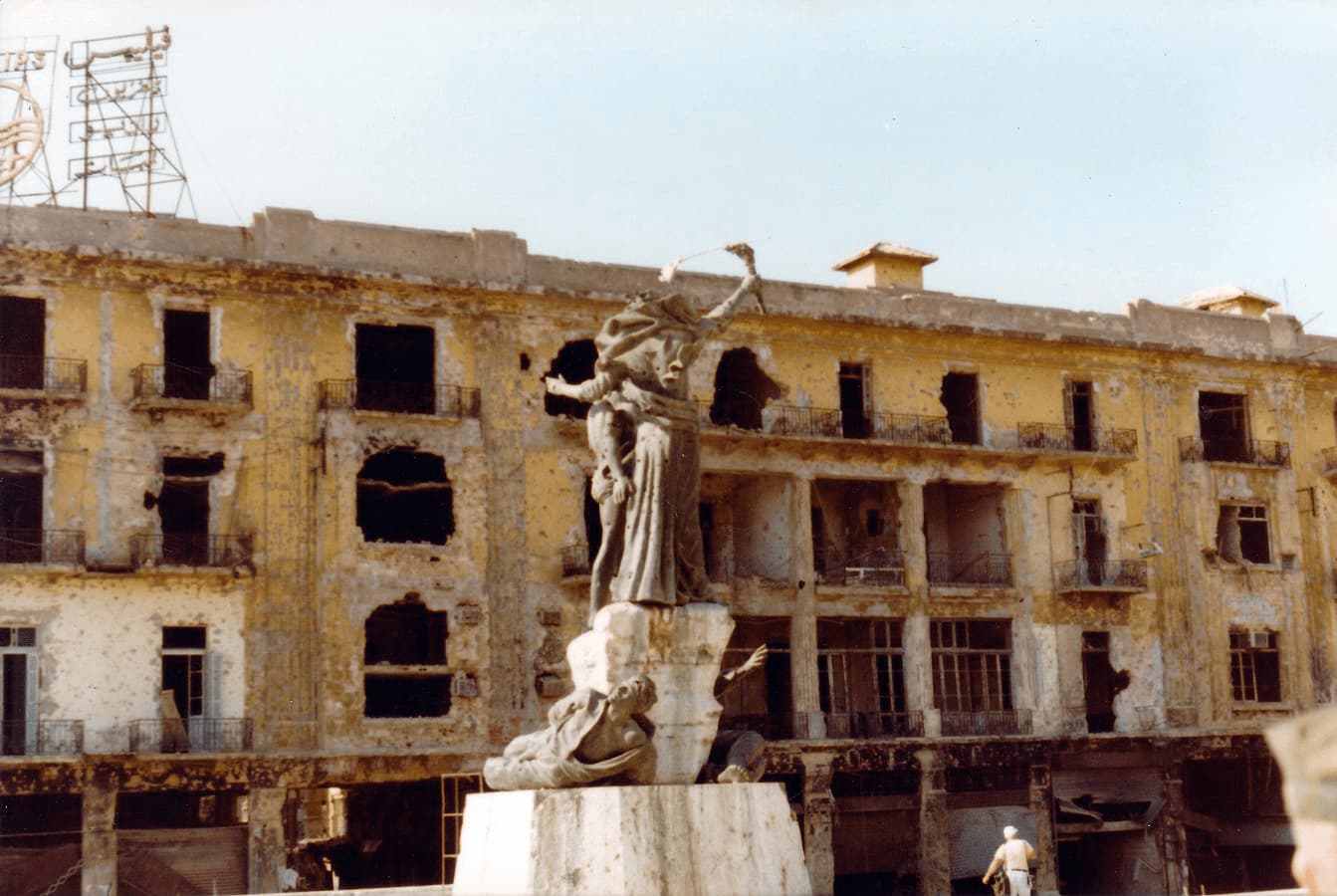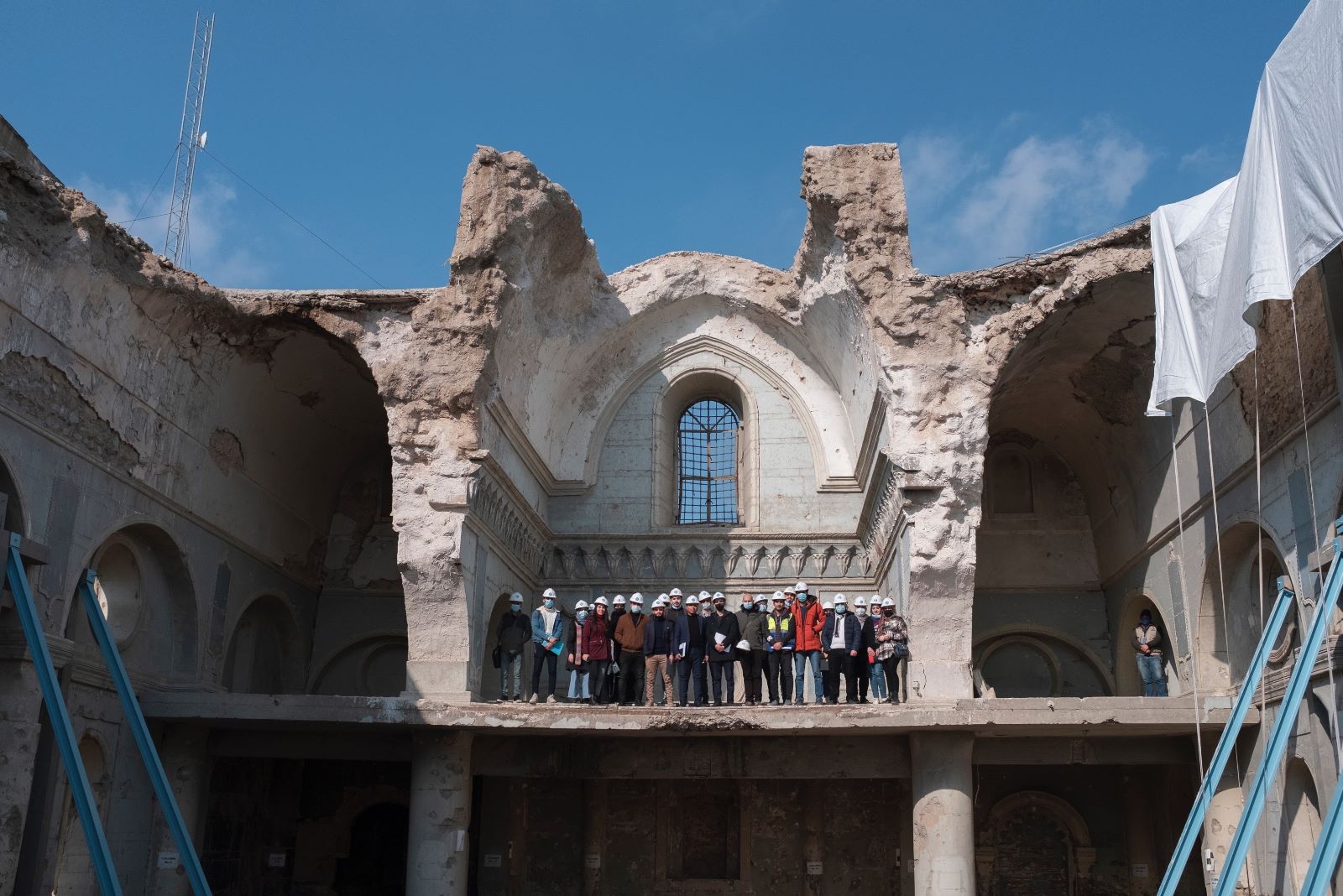Impacts of Conflicts and Disasters on Cultural Heritage
In recent years, the devastating impact of conflicts and natural hazards on cultural heritage has become increasingly apparent, leaving a trail of destruction in places like Iraq, Syria, and Ukraine. The repercussions of armed conflict have been particularly severe, with historic cities like Mosul in Iraq bearing extensive damage. The destruction of landmarks such as the Al-Nuri Mosque, with its iconic leaning minaret, serves as a stark reminder of the cultural devastation wrought by warfare. Similarly, in Syria, cities like Aleppo, steeped in millennia of history, have been reduced to rubble, while archaeological treasures like Palmyra have fallen victim to deliberate acts of vandalism.
In addition to conflict, natural hazards such as earthquakes, floods, and hurricanes have also taken a heavy toll on cultural heritage. Countries like Turkey, Nepal, and Japan have witnessed the destruction of centuries-old monuments and sites, further exacerbating the loss of cultural identity and historical continuity.


The Complex Journey Toward Recovery and Resilience
The long-term recovery of cultural heritage following such crises poses a significant challenge, requiring the concerted efforts of various players, including international and local institutions, heritage professionals, and local communities. This recovery process not only involves restoring physical structures but also entails safeguarding intangible aspects of heritage that contribute to cultural identity. Moreover, it presents an opportunity to build resilience by reducing vulnerability and adopting strategies for “building back better.”
The Role of Global and Local Stakeholders in Heritage Recovery
Recognizing the urgency of the situation, organisations like ICCROM, UNESCO, Aliph Foundation, and Fondazione Santagata for the Economics of Culture have stepped up to address these challenges. Through their missions to protect and restore cultural heritage, particularly in conflict and disaster-affected areas, they have played a crucial role in mitigating the impact of such crises on our shared heritage.The critical importance of preserving cultural heritage extends far beyond the present moment, resonating deeply with aspirations for resilience and sustainable development. Accordingly, we bear a profound responsibility to future generations, ensuring that they inherit a world rich in cultural diversity and historical continuity. By harnessing the combined expertise and resources, and by fostering collaboration between global and local stakeholders, they can strive towards a future where cultural heritage stands as a keystone of resilience, forging pathways to sustainable development even in the most challenging of times.

